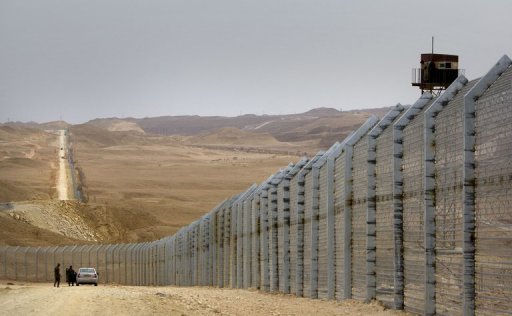DUBAI: Governments in Muslim nations in the Middle East and Asia are increasingly turning to Islamic finance to raise funds, giving a necessary but perhaps not sufficient shot in the arm for the $1 trillion industry.
Deeper liquidity is essential to winning investors back to the market after the credit crisis sapped demand and issuance and triggered the first ever major defaults of Islamic bonds, or sukuk, this year.
While government backing would allow international investors to gain exposure in the fast-growing region via safer debt, it would highlight the risk of owning non-sovereign sukuk from firms with weaker balance sheets in an industry where regulation is less advanced than in the conventional bond marketplace. Sukuk are structured as profit-sharing or rental agreements and returns are derived from underlying assets because Islamic laws prohibit paying or earning interest.
Government involvement is just what the industry needs to avoid cutting off inflows from international investors after some defaults and a series of debt restructurings.
Dubai s state-owned developer Nakheel is currently undergoing a restructuring of its $3.5 billion sukuk, due to mature in December. Prices had taken a hit last week on speculation its owner and government conglomerate Dubai World might offer equity to its Nakheel bond holders.
I think without greater government help it s doomed anyway. Risk is just too high. But there is a lot more risk appetite from investors and definitely the government implication is a huge help, said Nathalia Barazal, fund manager at Lombard Odier Darier Hentsch & Cie in Geneva.
I wouldn t buy it unless it s a big company, good balance sheet, she said, adding that more government issuance might drive people away from debt from firms with weak fundamentals.
Barazal, who sold Nakheel s December sukuk less than a fortnight ago, said she would consider an exposure if it were from a safer issuer and the type of sukuk which was attractive, for example, exchangeable convertible bonds.
I would definitely get involved in the region, I don t want to start with real estate… probably with exchangeable convertible bonds, she said.
So far this year, four out of five sukuk deals have been issued by sovereign or quasi-sovereign entities.
Jordan is considering issuing its first-ever sukuk this year to help fund its spiraling budget deficit. Indonesia s finance ministry is raising around $160 million from sukuk next week, while the Dubai government is kicking off a roadshow in London on Thursday to test investor appetite for bonds including sukuk.
Malaysia s sovereign wealth fund Khazanah Nasional plans to sell US dollar exchangeable sukuk next year. It has raised some $550 million by issuing sukuk that were exchangeable into the shares of Hong Kong-listed Parkson Retail Group.
Regulation
Despite its earlier billing as a safer alternative to traditional banking due to its requirement for assets to underpin deals, Islamic bondholders have found they may not have any more legal safeguards than conventional counterparts in case of default.
The lack of a single regulatory framework and consensus on investment ratings as well as the debate over the definition of sukuk have prevented more investors from participating.
Scholars say the majority of sukuk adhere to Islamic principles only in form but not in substance as ownership rights are typically not transferred to sukuk investors.
Sheikh Muhammad Taqi Usmani, one of the prominent scholars who decides whether investment products adhere to Sharia law, ruled in late 2007 that most sukuk did not comply with Islamic law as their repurchasing agreements at maturity violated the principle of sharing risks and returns.
We cannot piggyback on the old system, you have to be courageous enough in quantifying the risk of Islamic assets, leading scholar Mohd Daud Bakar told Reuters last week.
Still, the Islamic finance industry is expected to grow 15-20 percent in the next three years. Standard & Poor s estimates new sukuk issuance topped $9.3 billion in the first 7 months of 2009 compared with $11.1 billion during the same period in 2008. It says the issuance fell 56 percent to $14.9 billion in 2008.
Governments, which themselves also want to promote the Islamic finance industry, are increasingly under pressure to raise debt to fund budget deficits or pay for infrastructure. For example, Saudi Arabia, the Gulf s biggest economy, is spending around $400 billion in the next five years mainly in infrastructure.
It helps keep the market alive. International investors are still interested in sukuk and they still like the risk from the region. In diversifying the portfolio they need emerging markets, said Hussein Hassan, head of Islamic Finance at Deutsche Bank.
However, the industry will not grow just on the back of sovereign issues. It s not sustainable. We will need to see corporates issuance back.

